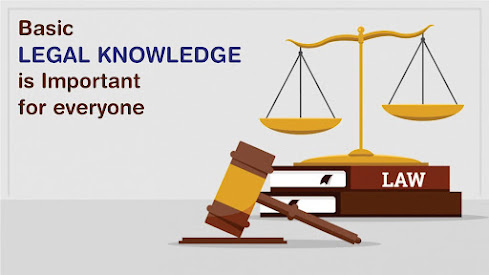Human Rights in The Indian Constitution:-
The Indian Constitution, adopted in 1950, enshrines a comprehensive set of fundamental rights that guarantee certain freedoms and protections to the citizens of India. These rights are crucial for upholding individual dignity, promoting equality, and ensuring justice. Here are some key rights enshrined in the Indian Constitution:
1. Right to Equality (Articles 14-18):-
This right ensures equality before the law and prohibits discrimination based on religion, race, caste, sex, or place of birth. It includes equal protection of the law, prohibition of untouchability, and abolition of titles.
2. Right to Freedom (Articles 19-22):-
This right includes various freedoms such as freedom of speech and expression, assembly, association, movement, and residence. It also guarantees the right to practice any profession, occupation, trade, or business. However, reasonable restrictions can be imposed on these rights in the interest of public order, morality, or security.
3. Right against Exploitation (Articles 23-24):-
These articles prohibit trafficking, forced labor, and employment of children in hazardous conditions. They aim to prevent exploitation and promote social justice.
4. Right to Freedom of Religion (Articles 25-28):-
These articles guarantee the freedom of individuals to profess, practice, and propagate their religion. They also provide the right to manage religious institutions and protect the interests of religious and linguistic minorities.
5. Cultural and Educational Rights (Articles 29-30):-
These rights protect the interests of cultural and educational minorities, enabling them to conserve their distinct language, script, and culture. They also guarantee the right of minorities to establish and administer educational institutions.
6. Right to Constitutional Remedies (Article 32):-
Article 32 empowers individuals to directly approach the Supreme Court of India for the enforcement of fundamental rights. It ensures that individuals have an effective means to seek legal remedies in case of a violation of their rights.
7. Right to Privacy (recently recognized):-
The right to privacy was recognized as a fundamental right by the Indian Supreme Court in a landmark judgment in 2017. It protects individuals' personal autonomy and control over their personal information.
These are some of the key fundamental rights guaranteed by the Indian Constitution. It is important to note that while the Constitution provides these rights, there may be reasonable restrictions imposed on them in certain circumstances to safeguard public order, morality, security, or other legitimate concerns.
@siddlaw


Comments
Post a Comment